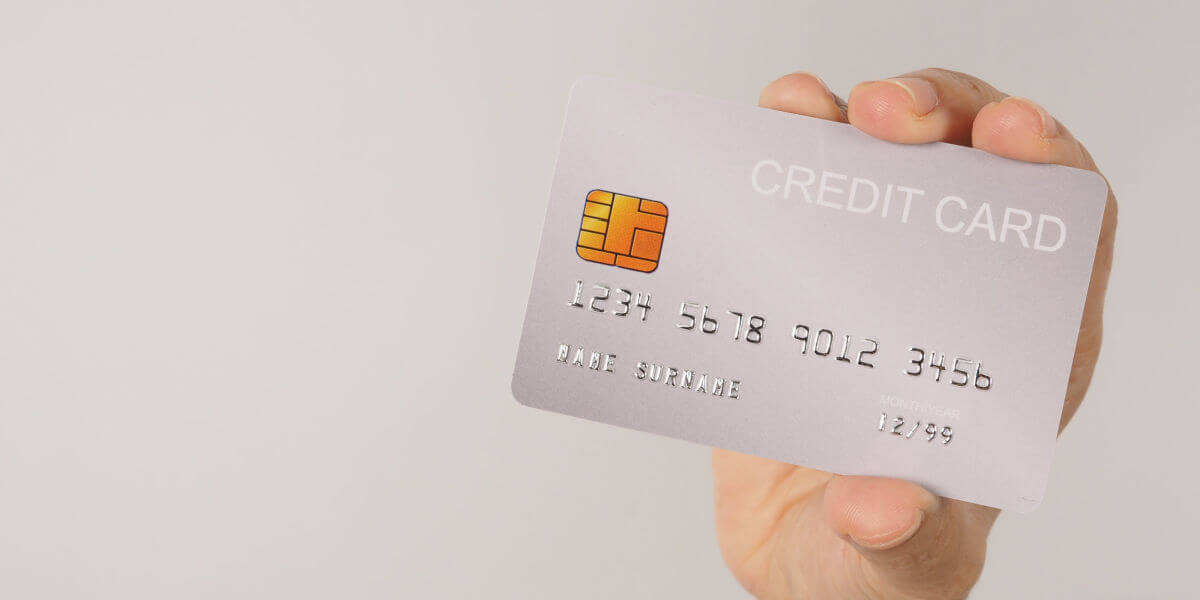
Personal loans and credit cards are two popular options for individuals seeking to borrow money for various expenses. While both options offer borrowing solutions, they differ in terms of interest rates, repayment terms, and credit score requirements. Therefore, it is essential to understand the pros and cons of each option to make an informed decision that aligns with your financial goals.
In this article, we will explore the advantages and disadvantages of personal loans and credit cards, as well as the factors to consider when choosing the right option for your financial needs. By the end of this article, you will have a clear understanding of which option suits your financial situation best.
Personal loans are a type of installment loan that is borrowed from a bank, credit union, or online lender. These loans offer a lump sum of money that is repaid over a fixed period, typically with a fixed interest rate. Personal loans are an excellent option for individuals who need to borrow a significant amount of money for various purposes, such as home improvements, debt consolidation, or medical expenses.
Personal loans are unsecured loans, which means that they do not require collateral. Instead, lenders rely on the borrower’s creditworthiness, income, and credit history to determine their eligibility for a loan. Typically, personal loans have a minimum loan amount of $1,000 and a maximum of $100,000, depending on the lender and the borrower’s creditworthiness.
Credit cards are another popular option for borrowing money. They are a form of revolving credit that allows the borrower to borrow up to a certain limit, which they can then pay back over time. Credit cards come with various features, such as rewards programs, cash back offers, and travel perks. They are an excellent option for individuals who need to borrow money for small expenses or who want to earn rewards for their purchases.
Credit cards are issued by banks and financial institutions and allow the borrower to make purchases up to a certain limit. The borrower can then pay back the amount borrowed over time, with interest. Credit cards come with various features, such as rewards programs, cash back offers, and travel perks, which vary depending on the issuer and the card type.
Overall, credit cards are an excellent option for borrowers who need to borrow small amounts of money or who want to earn rewards for their purchases. However, they can be expensive and come with higher interest rates and fees than personal loans.
When it comes to choosing the right option between personal loans and credit cards, it is essential to consider your financial goals, borrowing needs, and repayment ability. Both options come with advantages and disadvantages, and what may be the right choice for one person may not be suitable for another.
Another factor to consider when choosing between personal loans and credit cards is your credit score. Your credit score plays a significant role in determining your eligibility for both options and can impact the interest rates, loan amounts, and repayment terms you qualify for.
Personal loans typically require a good to excellent credit score to qualify for the best interest rates and loan terms. In contrast, credit cards may offer options for individuals with fair to good credit scores. However, credit cards may come with higher interest rates for those with lower credit scores, which can increase the overall cost of borrowing.
It is essential to review your credit score before applying for either option and determine which one offers the best terms and rates based on your creditworthiness.
Consider your financial goals when choosing between personal loans and credit cards. If you have a specific financial goal, such as consolidating debt or financing a home renovation project, a personal loan may be a better option. Personal loans offer fixed interest rates, predictable monthly payments, and structured repayment plans, making them an ideal choice for long-term financial goals. In contrast, credit cards may be a better option for short-term financial goals, such as paying for a vacation or making a large purchase. Credit cards offer flexible borrowing options and rewards programs, allowing you to earn points or cash back for your purchases.
Ultimately, choosing the right option between personal loans and credit cards depends on your individual financial situation and borrowing needs. Consider the factors mentioned above and make an informed decision that aligns with your financial goals and helps you achieve your objectives.
Share:





Fincreater is personal finance blog, where we provide financial information to achieve your financial goals and create more value in your financial portfolio. Our blog covers a wide range of topics, from budgeting and saving to investing and retirement planning. We’ll share tips and tricks to help you save money, earn more, and make the most of your resources.
© 2023 Fincreator. Powered by Fincreator